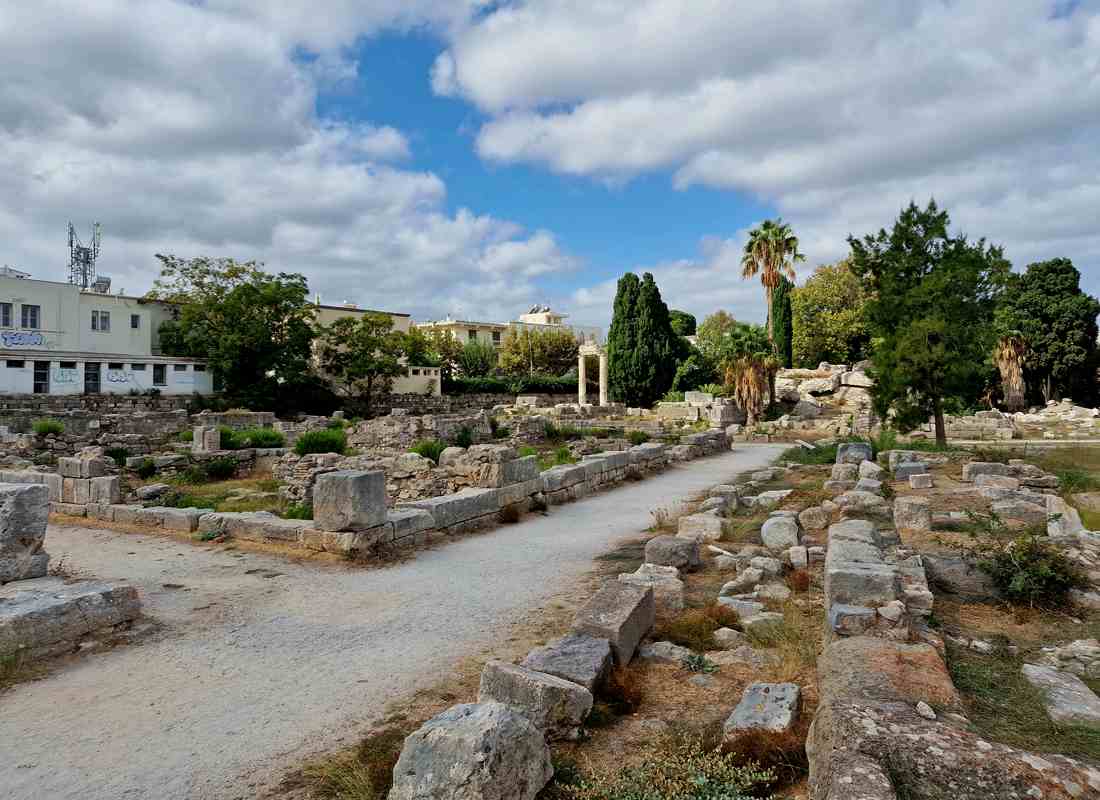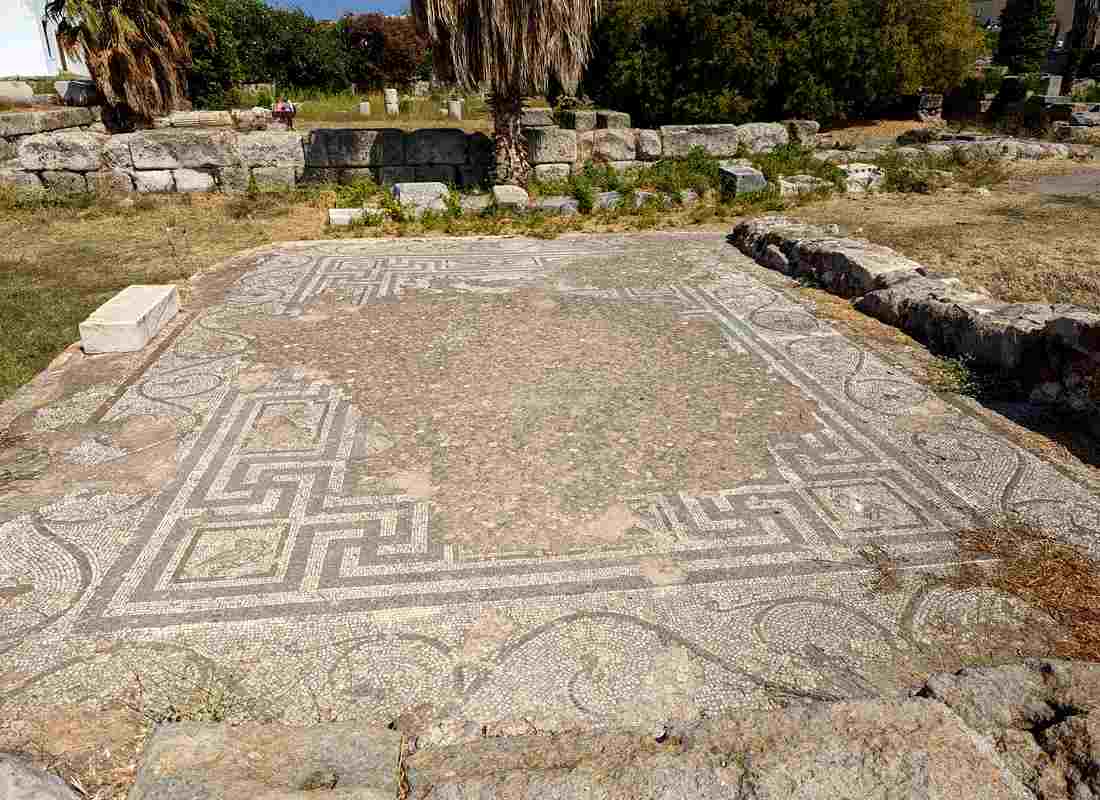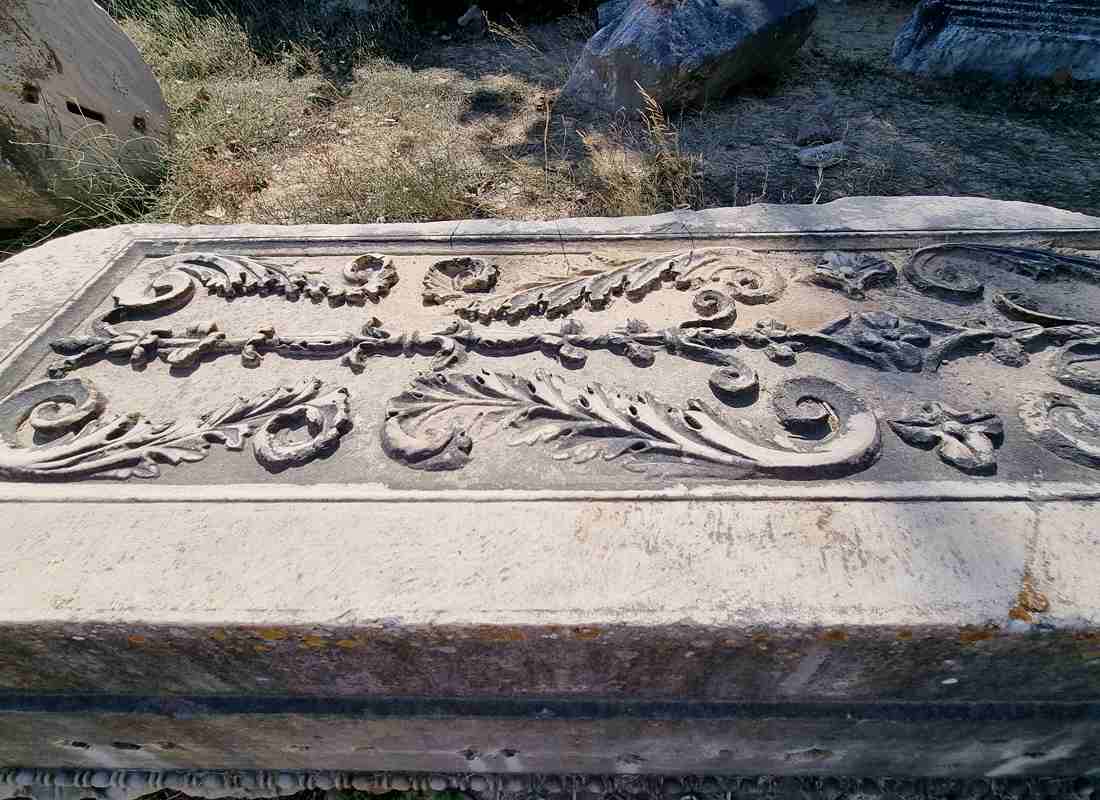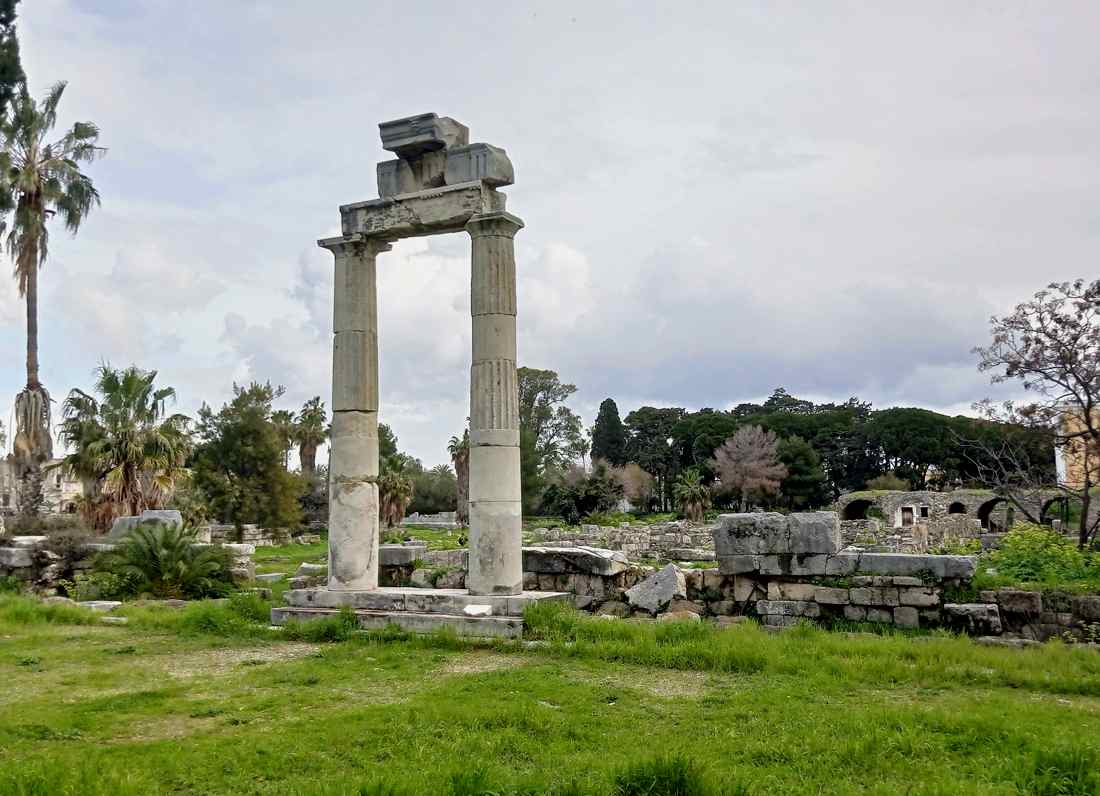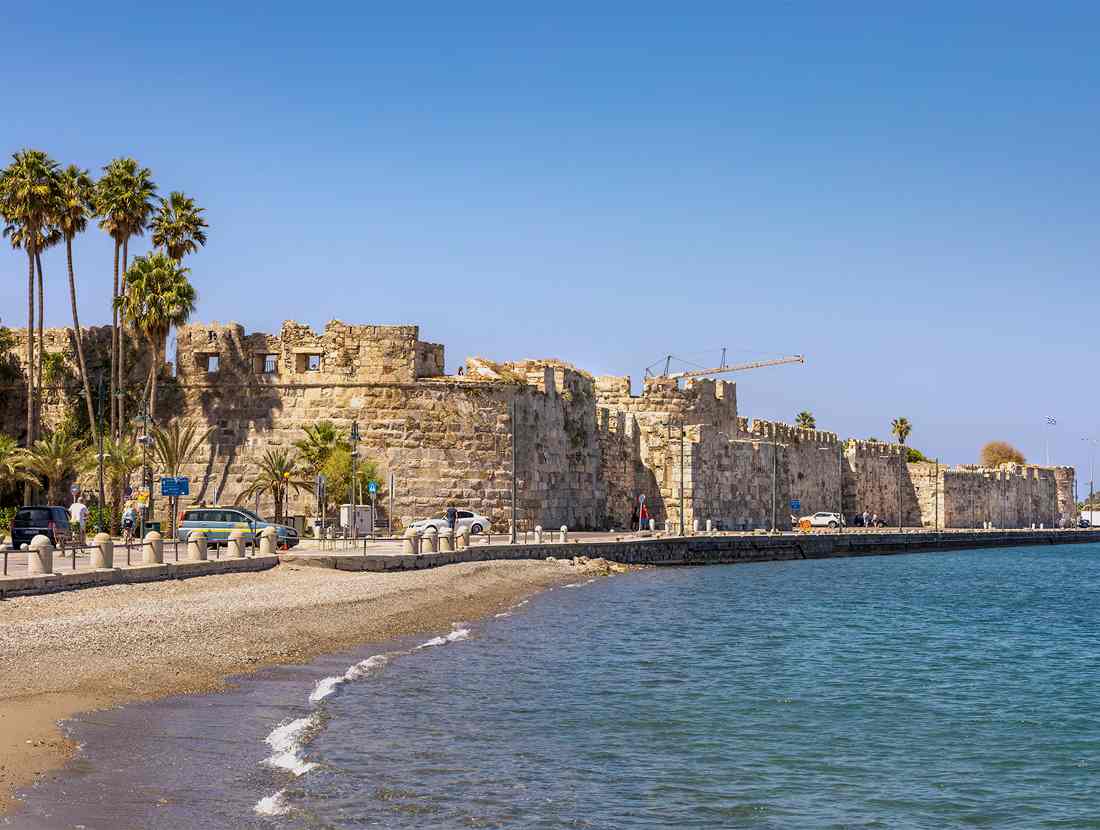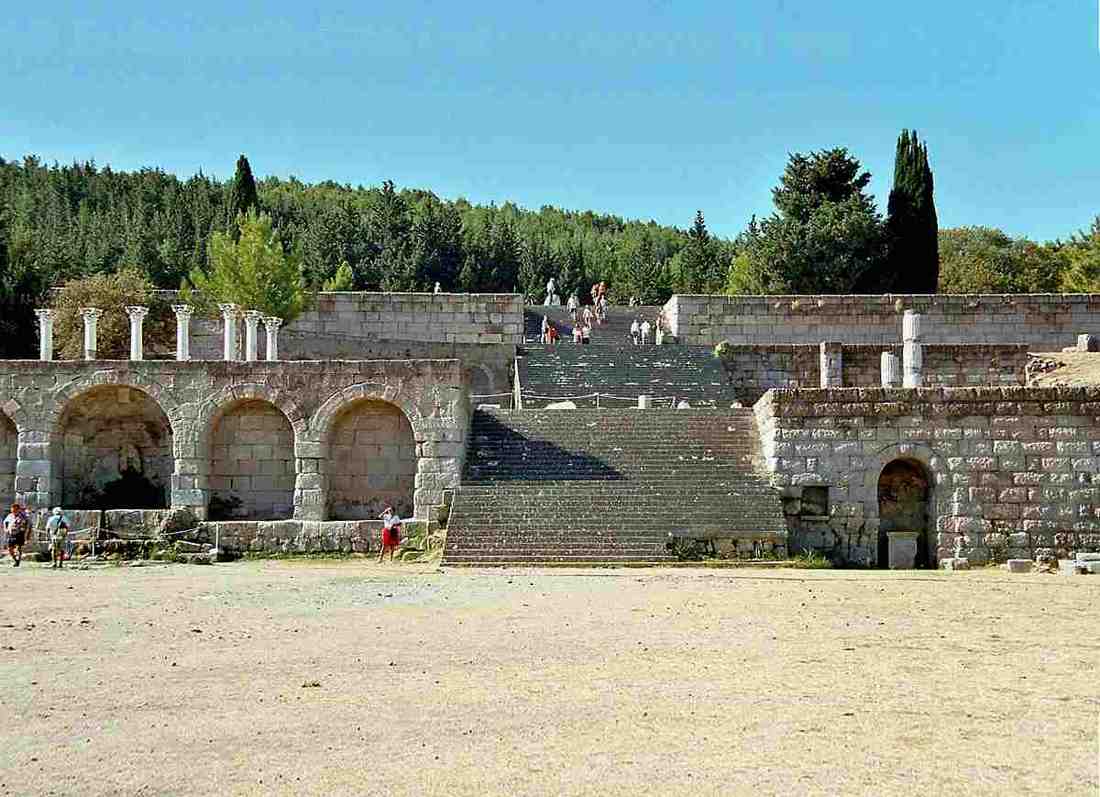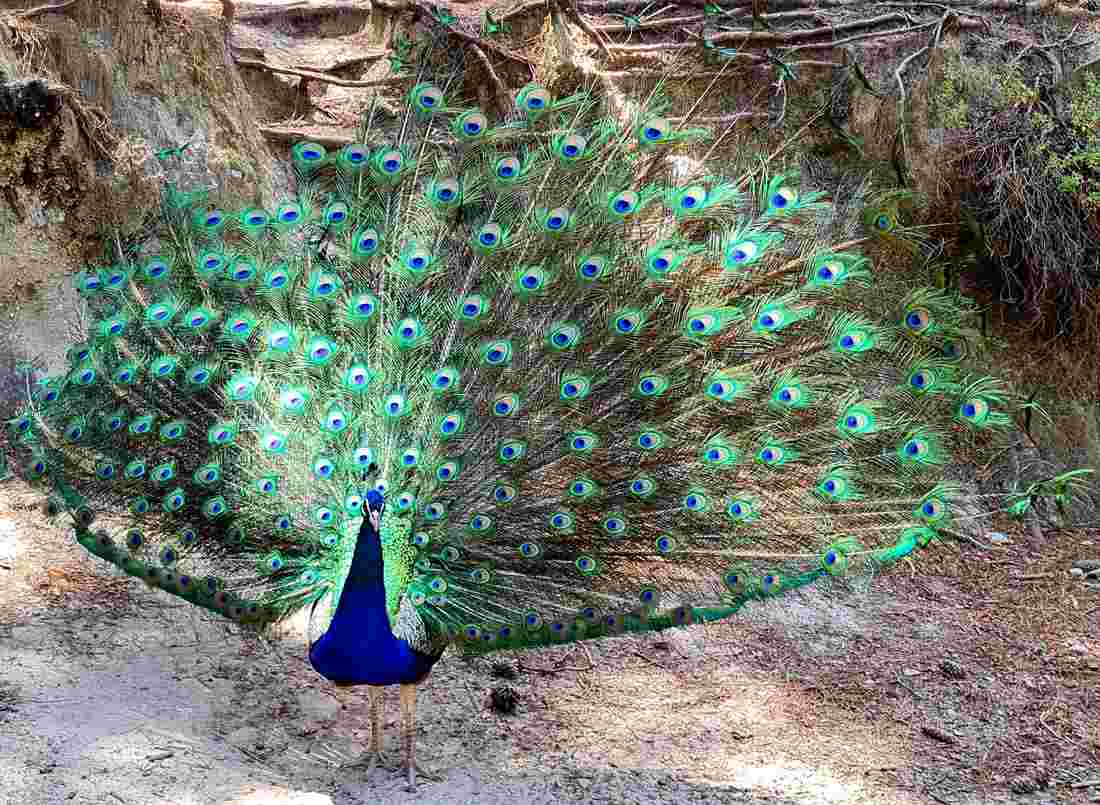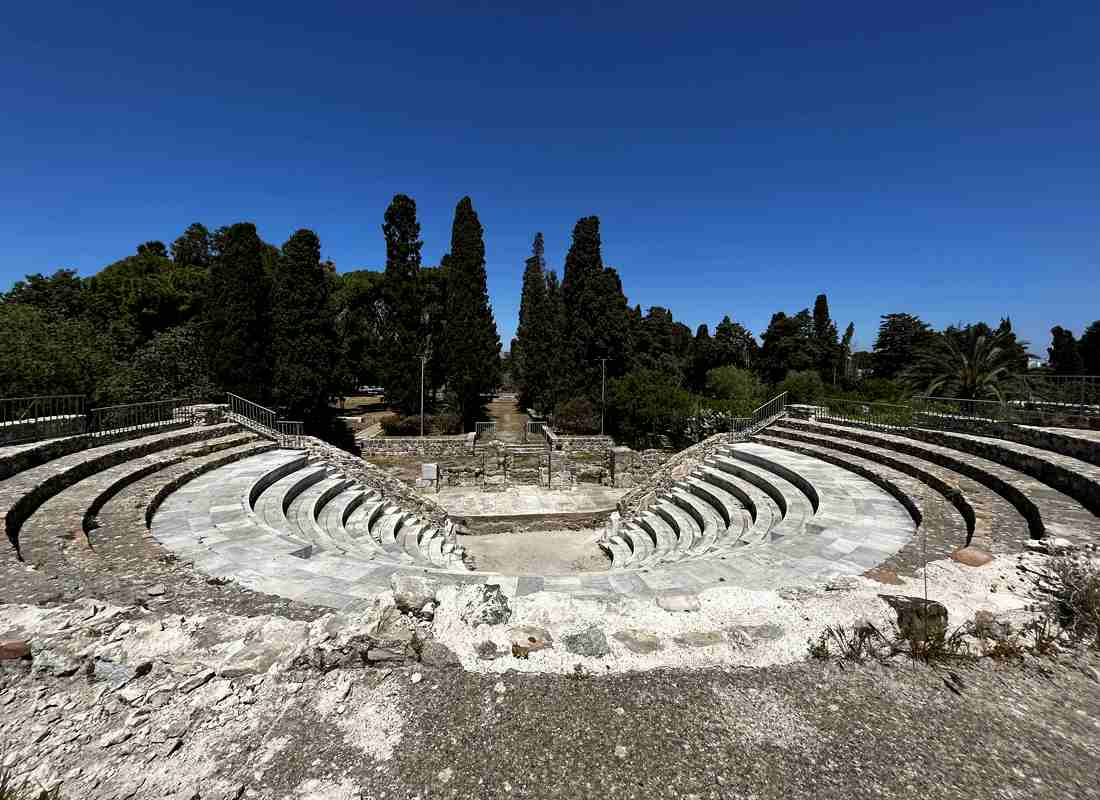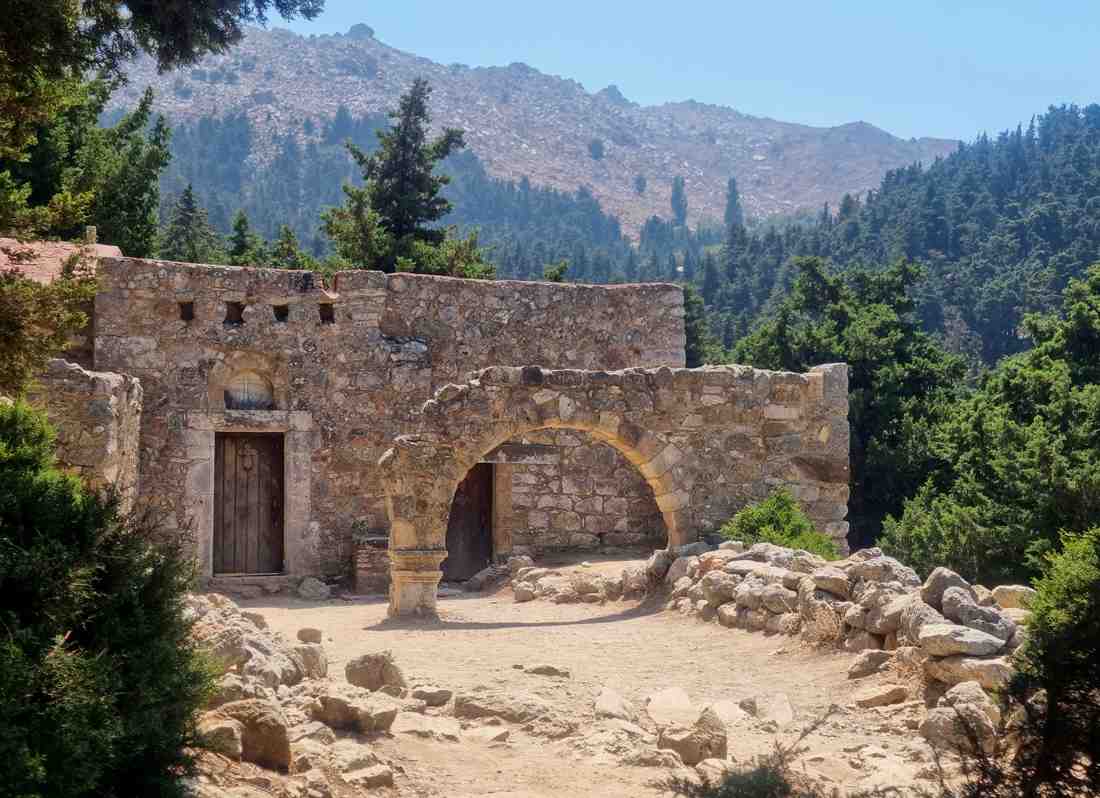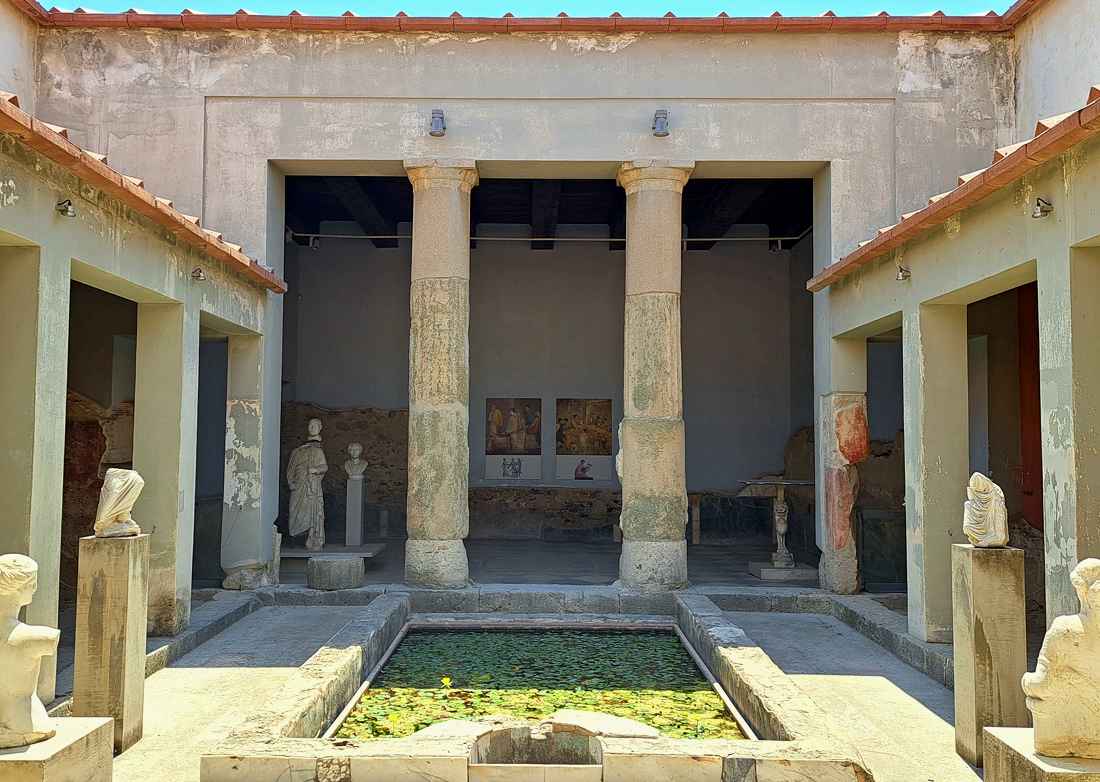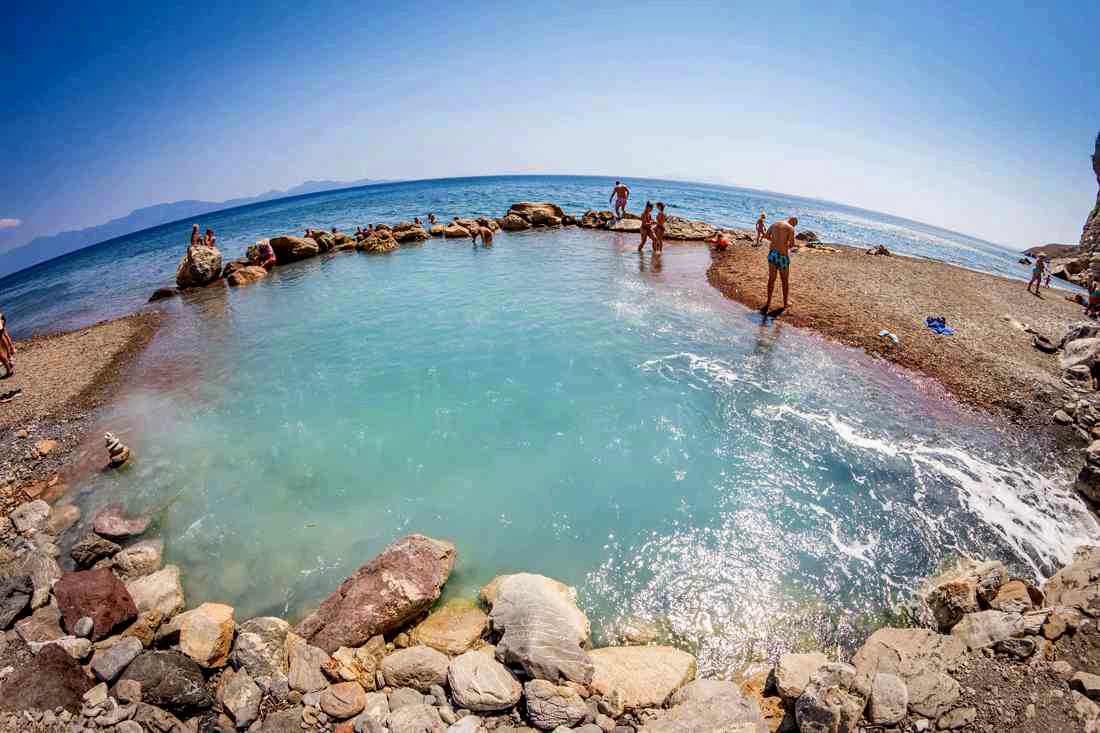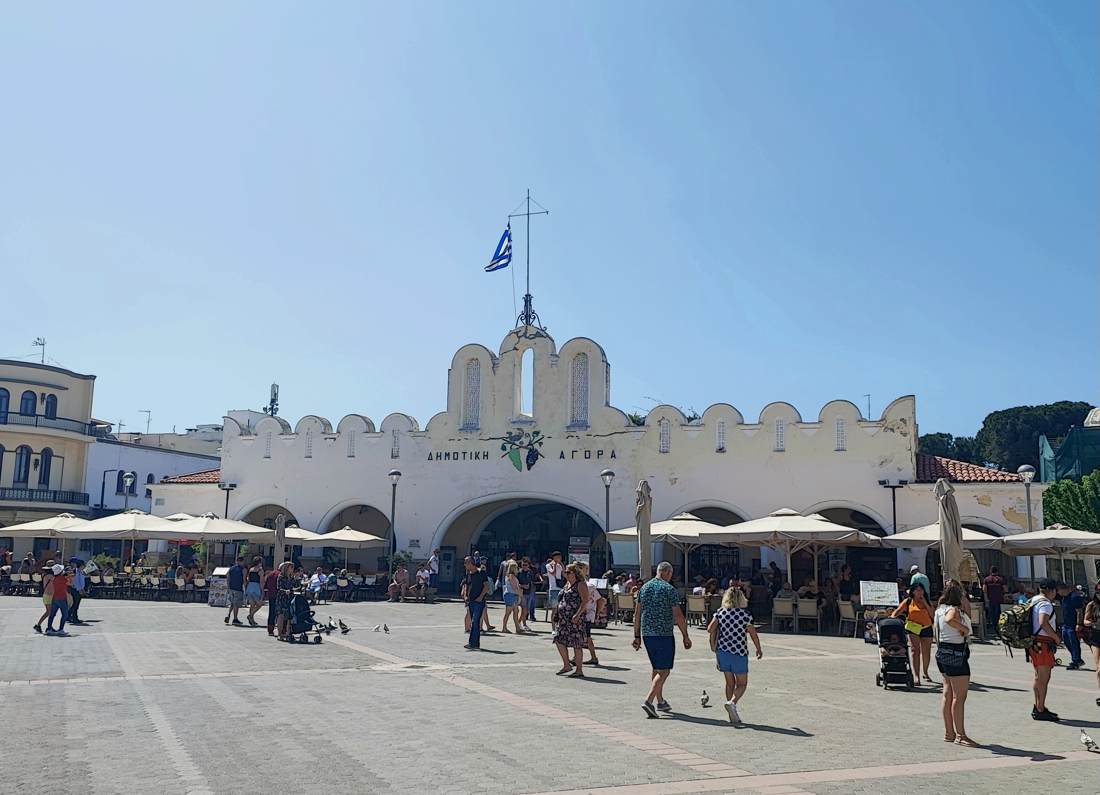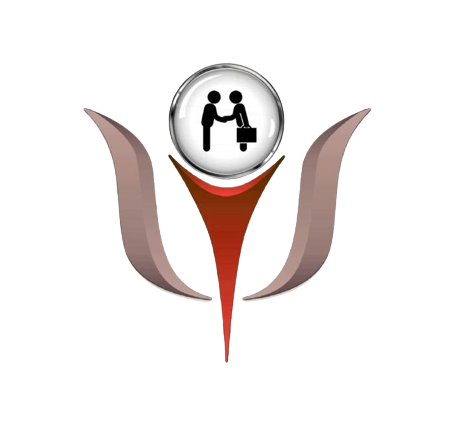
Ancient agora of Kos
In ancient times, the Agora (marketplace) of each city was its commercial and social center. The Agora was originally built in the 4th century BC, near the city port. After 366 BC the city of Kos became the capital of the island and the market became the heart of the city, so large buildings and sanctuaries were built in the area of the port and the market. The agora was found by the Italian archaeological school during the reconstruction of the city after a devastating earthquake in 1933. It had the traditional appearance of an ancient marketplace and consisted of three main galleries: north, west and east, converging to a central square. These were used as trading posts where various goods were traded. Frequent earthquakes led to continuous reconstruction of the city. The Agora is part of the port, part of which covers an area 152 meters long and 82 meters wide. In the Agora can be seen part of the city fortifications, the sanctuaries of Aphrodite, Heracles and the remains of wide city streets and private houses. The ancient Agora is buried beneath the modern city and in fact its southern part was uncovered by recent excavations, which recovered two columns. In the southern gallery of the ancient marketplace is a well-preserved domed structure that housed a dyeing shop during the Roman era. Ancient coins and bronze statuettes were also discovered here during excavations.
Guest reviews
You may also be interested in similar information
Neratija Castle
Kos, Greece
Asklepion of Kos Island
Kos, Greece
Plaka - Peacock forest
Kos, Greece
Roman Odeon of Kos
Kos, Greece
Fortress of Paleo Pyli
Kos, Greece
Casa Romana - Roman Villa
Kos, Greece
Spa beach Terma
Kos, Greece
Municipal market of Kos
Kos, Greece


